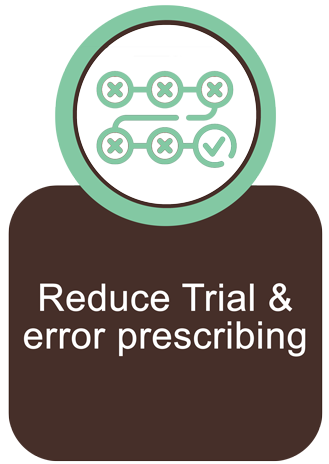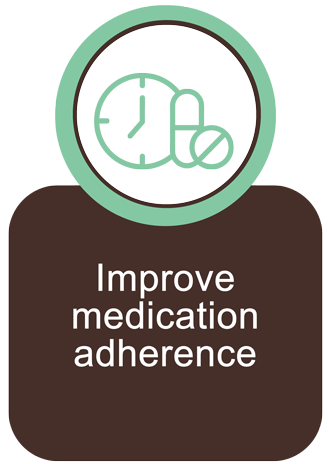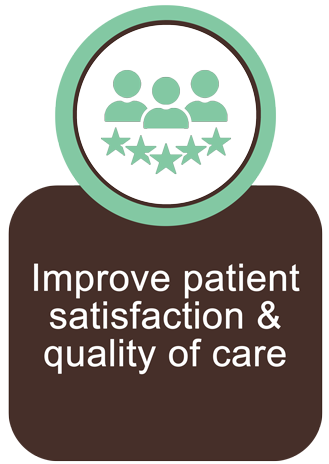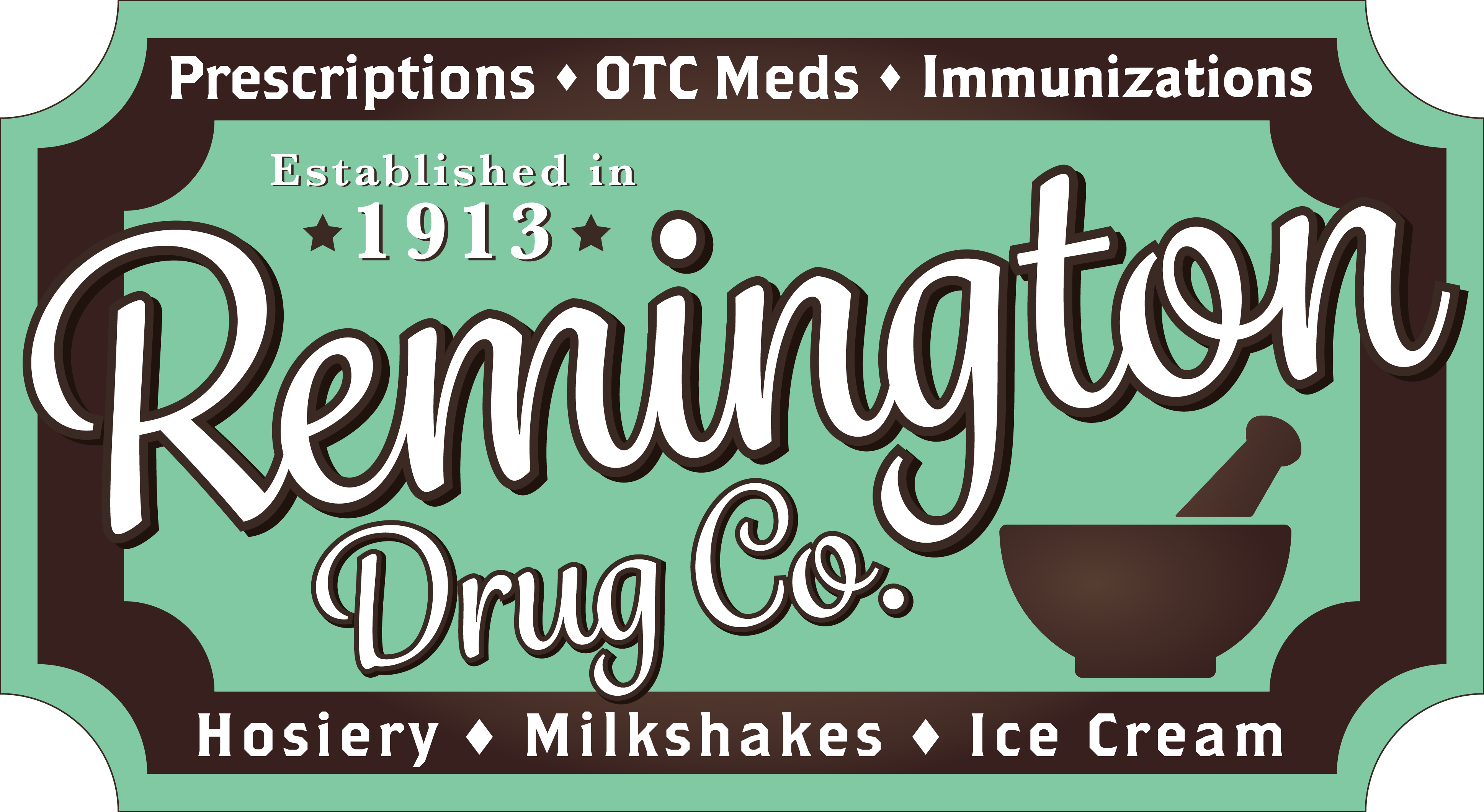Pharmacogenomic Testing
What is Pharmacogenomic Testing (PGx)?
Pharmacogenomic testing (PGx) is a branch of personalized medicine that involves the study of how an individual's genetic makeup influences their response to drugs. It focuses on identifying genetic variations that can affect how a person metabolizes and responds to medications. The goal of pharmacogenomic testing is to optimize drug therapy, improve treatment outcomes, and reduce the risk of adverse reactions.
The human genome contains variations in genes that encode enzymes responsible for drug metabolism, drug transporters, and drug targets. These genetic variations can influence how individuals process medications, leading to variations in drug efficacy and safety. Pharmacogenomic testing analyzes specific genetic markers to predict how a person is likely to respond to certain drugs.
Key aspects of pharmacogenomic testing include:
Drug Metabolism: Genetic variations in enzymes involved in drug metabolism, particularly in the cytochrome P450 family, can affect the rate at which drugs are broken down in the body. This can impact drug effectiveness and the risk of side effects.
Drug Transport: Genetic variations in drug transporters, which move drugs in and out of cells, can influence how drugs are distributed within the body.
Drug Targets: Genetic variations in the receptors or proteins targeted by drugs can impact the response to treatment.
By identifying these genetic variations through pharmacogenomic testing, healthcare providers can make more informed decisions about drug selection, dosage adjustments, and individualized treatment plans. This can be particularly valuable in situations where there is a wide variability in individual responses to standard drug therapies.
Implementation of pharmacogenomic testing has the potential to enhance patient care by reducing the likelihood of adverse reactions, improving drug efficacy, and optimizing medication regimens based on an individual's genetic profile. However, it's important to note that not all drugs have well-established pharmacogenomic guidelines, and the field is still evolving. As research progresses, more drugs may be included in pharmacogenomic testing panels, and guidelines may be refined to provide better clinical insights.
How will Pharmacogenomic Testing (PGx) help me?
Pharmacogenomic testing (PGx) can provide several benefits to individuals by offering personalized information about how their genetic makeup may influence their response to certain medications. Here are some ways in which PGx can help you:
Optimized Medication Selection: PGx can help healthcare providers identify the most appropriate medications for you based on your genetic profile. This can enhance treatment efficacy by selecting drugs that are more likely to work well for you.
Individualized Dosage Recommendations: Genetic variations can affect how your body metabolizes drugs, influencing the optimal dosage for you. PGx can guide healthcare providers in determining the right dosage to achieve therapeutic effects while minimizing the risk of side effects.
Reduced Risk of Adverse Reactions: Some individuals may be more prone to adverse reactions or side effects due to their genetic makeup. PGx can help identify such predispositions, allowing healthcare providers to avoid medications that may cause harm or select alternative treatments with a lower risk of adverse effects.
Improved Treatment Outcomes: By tailoring medication regimens to your genetic profile, PGx aims to enhance treatment outcomes. This can be particularly beneficial for chronic conditions where finding the right medication and dosage is crucial for long-term management.
Avoidance of Trial-and-Error Approaches: Instead of employing a trial-and-error approach to find the most effective and well-tolerated medication, PGx can streamline the process. This can save time and reduce the frustration associated with trying multiple drugs before finding an optimal treatment.
Personalized Medicine: PGx is a key component of the broader field of personalized medicine. It recognizes that individuals may respond differently to the same medication, and tailors treatment plans based on specific genetic factors, ultimately providing a more individualized and precise approach to healthcare.
Who would benefit from PGx testing?
Pharmacogenomic testing (PGx) can be beneficial for various individuals, but the extent of its usefulness may vary depending on factors such as the medical condition being treated and the medications prescribed. Generally, the following groups of people may benefit from PGx testing:
- You are currently experiencing adverse side effects or adverse drug events (ADEs).
- You are not achieving therapeutic benefit from your medication or dosage (ie Medication is NOT working).
- You have multiple co-occurring conditions.
- You take multiple medications.
- You or your prescriber are considering a medication on the PGx Markers Medication List.
It's important to note that while PGx can offer valuable insights, it is not a comprehensive solution for all medical conditions or medications. The field is continually evolving, and research is ongoing to expand the range of drugs for which PGx testing is applicable. Additionally, clinical decisions should be made in consultation with healthcare professionals who can interpret the results in the context of your overall health and medical history. If you are interested in PGx testing, discuss it with your healthcare provider to determine its relevance to your specific healthcare needs.





Test Panels
PsychPainMarkers tests for variants in 3 genes associated with the safety and efficacy of 49 psychotropic and pain medications.
PGXMarkers tests 6 genes and predicts how a patient may respond to 89 medications. The PGXMarkers panel covers drugs used in the treatment of cardiology, gastroenterology, neurology, and psychiatric conditions, among others.
PGXMarkers Plus tests 18 genes associated with the safety and efficacy for 138 medications. PGXMarkers Plus provides clinical insight with applications to cardiology, psychiatry, gastroenterology, neurology, and other areas of clinical practice.
Remington Drug Co offers a single-gene test to predict the safety and efficacy of Clopidogrel.
Remington Drug Co’s Hyperhomocysteinemia single gene test analyzes variants in the MTHFR gene.
Frequently Asked Questions
The results of pharmacogenomic testing are good for your lifetime and can continue to be used as you are prescribed new medications or are making medication decisions with your health care team.
Cost can vary depending on several factors. A PGx test may be covered by Medicare as well as some commercial insurance plans. If you are uninsured or your insurance does not cover, please refer to GeneMarkers Billing Policy below
Pharmacogenomics testing is the testing of certain genes to detect gene variants that determine how individuals may react to specific medications. With pharmacogenomics testing insight, healthcare providers may reduce the need for “trial-and-error” dosing and can substantially reduce the risk associated with Adverse Drug Events (ADEs).
FlexHealth currently offers pharmacogenomics (PG) testing that identifies gene variants that influence drug metabolism and efficacy. The FDA has updated the label of more than 200 drugs to include pharmacogenomics information and the breadth of coverage continues to grow.
Examples of genes targeted by the FlexHealth pharmacogenomics (PG) Panel include:
- CYP2D6 is the best-studied drug-metabolizing enzyme and affects 25% of all prescription drugs.
- CYP2C9 acts on 15% of drugs in clinical us
- CYP2C19 acts on 15% of drugs in clinical use
You and your healthcare provider (pharmacist) will receive a comprehensive personalized genetic profile report that provides information on drug-drug and FDA approved drug-gene interactions. You can then schedule an appointment to review your results with a pharmacist at the Powell Pharmacy.
GINA is a U.S. federal law that protects against genetic discrimination in the workplace and through one’s health insurance. It also safeguards individual and family privacy of genetic information. With new advances in science, technology, and data management, GINA plays a vital role in establishing a baseline of protection for all Americans against discrimination. See links below for additional details.
https://www.eeoc.gov/statutes/genetic-information-nondiscrimination-act-2008
https://www.genome.gov/about-genomics/policy-issues/Genetic-Discrimination
Remington Drug Co are committed to protecting your information. Our Privacy Notice described how medical information about you may be used and disclosed and how you can get access to this information. Read the HIPAA Notification.
Billing Policy
Remington Drug Co is committed to providing patients with quality service. This includes ensuring a clear understanding of the billing process and access to a manageable payment arrangement. Most insurance plans, including Medicare and Medicaid, offer limited coverage of the test.
Remington Drug Co offers an affordable self-pay rate for each one of our panels for patients who are uninsured or those who have insurance and prefer not to bill their plan.
- Remington Drug Co will submit the insurance claim on behalf of patients.
- After the insurance claim has been processed to the fullest extent, Remington Drug Co will bill patients for any out-of-pocket expenses. This may be related to co-payments, co-insurance or deductibles.
- Remington Drug Co has several options to help alleviate any financial burden due to out-of-pocket costs.
Medicare covers PGx testing for patients who meet medical necessity for the PGXMarkers and PainPsychMarkers Test Panels. Medicare covers tests that meet Medical Necessity at 100%. At this time, Medicare does not cover the PGXMarkers Plus Test Panel. Patients requesting the PGXMarkers Plus Panel are required to sign an Advance Beneficiary Notice of Non-Coverage (ABN) and may have out-of-pocket costs.
Remington Drug Co currently accepts Medicaid from several states. If the test is covered, there are no out-of-pocket costs.
Remington Drug Co has several financial support options to help alleviate any financial burden due to out-of-pocket costs, including:
- prompt-pay discount
- zero interest payment plan
- financial assistance plan for those who meet income-based guidelines
